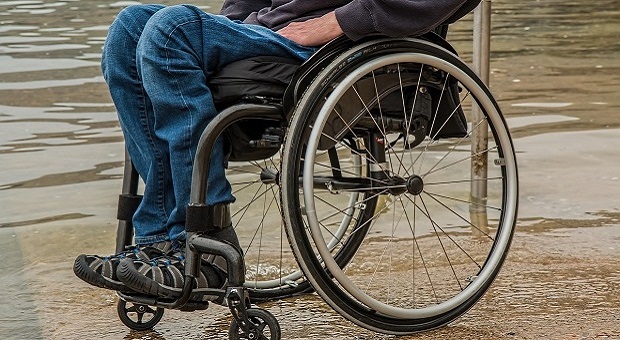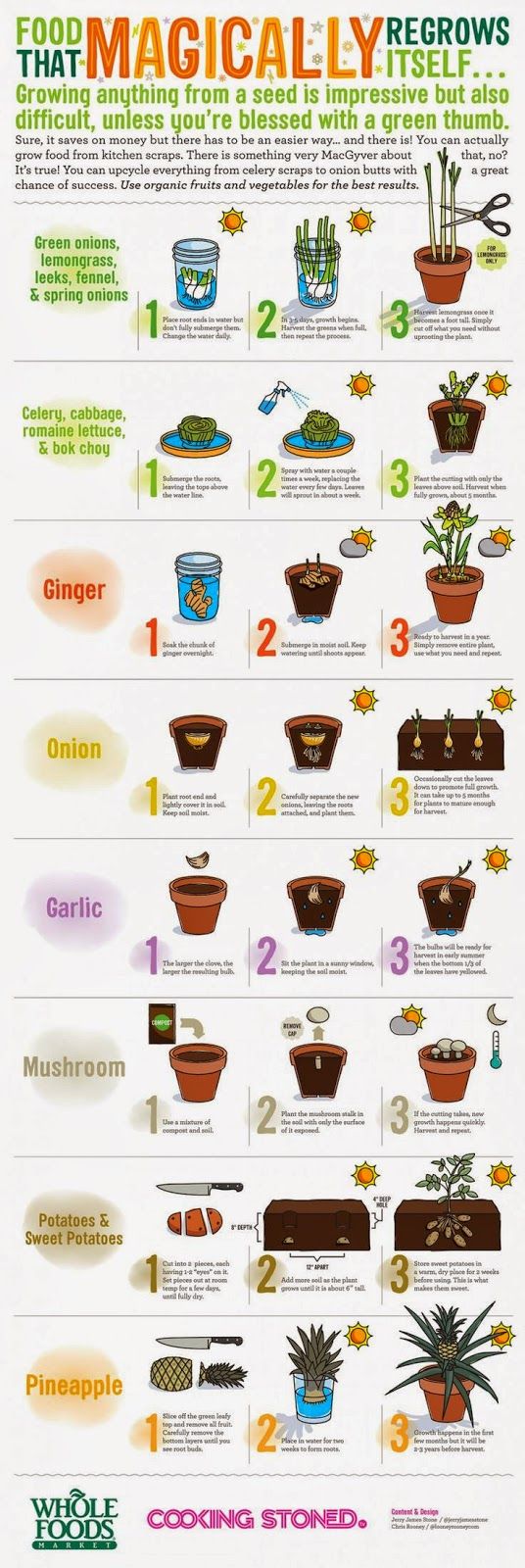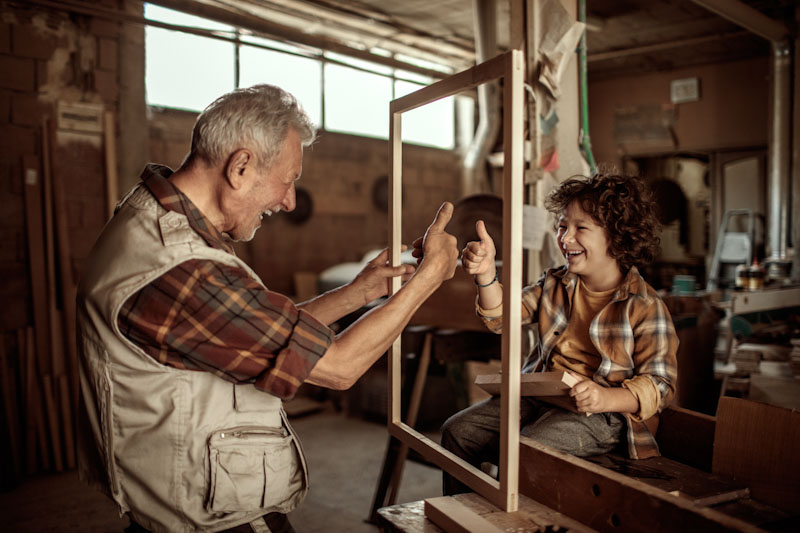If you are not disabled, it can be very hard to relate to challenges associated with limited mobility. As a prepper, you may even avoid thinking about becoming disabled because it will make planning, purchasing supplies, and actually using them much more complicated.
But if you aren’t prepared to deal with hand, arm, leg, or foot related disabilities, all of the efforts you have been making will go to waste. What if you get a disability while struggling to survive?
Rather than have that happen, add a line in your prepping agendas for what you would do if you become disabled. It might change your perspective!
Here are six areas that you should focus on and be ready for regardless of whether or not you are disabled at this time.
Know How to Make and Use Mobility Aides
Consider a situation where you routinely go camping, and may have broken a leg or ankle while on an excursion. If you have already gone through this, then you know how hard is to navigate when one or both legs or feet aren’t able to support your weight or move properly.
Now let’s say you are also young enough or in good condition and don’t see a need to worry at this time about problems such as arthritis or other conditions that make navigating harder as you get older.
Even if a major social collapse takes 10 more years to develop, your body will be 10 years old and may not be as strong as it is right now. Rather than simply leave your bug out gear and bug out plans on the shelf, make sure you can use everything even if you have an arm or leg impairment.
3 Second SEAL Test Will Tell You If You’ll Survive A SHTF Situation
Here are some things you can practice as well as mobility aides that may be useful to you:
- Tie your stronger arm loosely to your side and see how much you can do with your non-dominant hand. Are you able to prepare foods, wield a knife, or carry out dozens of other tasks that you take for granted now? If not, then you need to practice these skills and find ways to do them with just one hand. As an extreme challenge, see how much you can do using your feet and toes. Surprisingly enough, it is possible to do many things with your feet that you normally do with your hands, however it takes a lot of practice.
- Practice moving around in a wheelchair on crutches, or while using a walking stick. This is also a good time to practice using weapons and other items that you may need to use even if you are dealing with limited mobility.
- Look for braces, pick-up tools, and other devices that can be used in increase what you can do with just one hand or limited strength in your arms and shoulders. There are many devices on the market for this purpose, as well as newly emerging motorized devices and robots that can be controlled with a minimal amount of effort.
Avoid Becoming a Target
As disgusting as it may be, even at the best of times there are people that pick on others they perceive as weaker than themselves. If you are disabled or become less able to take care of yourself, there will be people that try to take from you or cause you some kind of harm.
While many of these actions should be, and are illegal, it does not change the fact that having a disability already makes you a target. When the crisis strikes, it will be even worse.
If your disability occurs just before or during the crisis, and you don’t know how to avoid becoming a target, then you’ll be left at a serious disadvantage.
Here are some things you can do to develop those skills:
- Spend time with people that have different kinds of handicaps. You can volunteer at centers where disabled people meet and learn more about how they cope with various problems.
- Many people that become targets do so simply by virtue of appearing older. In this case, try dying your hair grey or white, and use makeup that makes you look older. Use a cane or other device to indicate mobility impairment and see how it changes the way you are treated. If you have one available, use your smart phone and record the interactions.
- Learn how to use situational awareness and body language to your advantage. Sometimes, just appearing more alert than others around you can prevent people with bad intentions from approaching you. If you are perceived as weaker, criminals may decide to attack you.
- Learn how to defend yourself if you are in a wheelchair or must rely on some other mobility aide. There are many self-defense classes you can take to learn basic techniques as well as gyms and dojos where you can practice.
Grow and Prepare Food
One of the most important things you can do is learn how to grow and prepare food using a minimal amount of physical effort, as well as how to obtain and purify water.
When it comes to simple food growing methods, sprouts require the least amount of effort. Combine that with container gardening in order to obtain enough sprouts to meet a significant percentage of your dietary needs.
Overall, taking care of fish and animals requires a good bit of physical work and strength. Try raising smaller fish in a very large aquarium, however you must choose ones that are raised for human consumption. Chickens, rabbits, and some birds can also be raised in fairly small areas, however you may not be able to kill them humanely if you have limited strength.
On the other hand, if you can get used to consuming crickets, ants, and other insects, you can have a fairly good sized indoor bug farm and eat well with far less effort.
Do what you can to grow food indoors. Setup lights and other systems so they are easy to reach and repair if needed. Installing lights on the ceiling will save some space, but you won’t be able to get to them.
By the same token, if you are interested in any kind of solar or wind power that will be used to generate electricity for the lights, you will need systems that do not go on a roof or another area where you cannot make changes or repairs as needed.
Choose lightweight, portable gear so that you need as little strength as possible to use the items and take care of them. Never underestimate what you can do with a solar oven, or even a larger sized toaster oven as compared to a full sized stove.
Manage Shelter Needs
One of the hardest parts of dealing with a disability revolves around building both long and short term shelters.
If you aren’t disabled now, purchase plastic, tarp, and items that you can use to build temporary shelters. You should always be able to build something that will shelter you from rain using contractor size trash bags as well as standard tarp or fireproof emergency blankets.
Over the years, many people have developed a considerable interest in living in various kinds of vehicles. If you are disabled, you could set up a sleep area as well as meet many other needs while living in a truck or van.
Here are a few things you can practice now while you still have more abilities:
- Go to a safe area where you will not encounter any traffic or obstacles. Practice driving using just your left foot and just one hand. Even though it can be confusing at first and feel very uncomfortable, you can and will get the knack of it.
- If you have a truck or van, practice getting in and out of the back without using your hands or arms to lift yourself up or down. You can use braces as well as other assistance devices. Look for ways to get in and out of the back with limited foot and leg usage. This may include making sure that you have some kind of steps, platform, or ramp that can be deployed and used to help you raise and lower yourself in relation to the vehicle.
Building a permanent shelter on your own can be complicated even if you are in good condition. Rather than try to build something using conventional materials, make sure you know how to use old plastic bottles or other materials that can be combined with mud and straw to build sturdier walls.
Alternatively, practice building an underground dugout or other underground shelter while sitting in a chair or with just one hand. Remember, even though it takes longer, the purpose of this drill is to show you that you can do it.
When building a permanent shelter, look at circular designs as well as single floor options. Also practice digging pits for foundations as well as for sanitation needs. If you can’t dig very much, make sure that you know how to assemble a composting toilet, as well as make use of other methods for meeting sanitation needs using outdoor plumbing.
Simple Machines to Expand Muscle Use
I wrote about simple machines that can be used to lift weights and do other kinds of work.
Learning how to make and use these devices now will help you even if you never need to use them in conjunction with a disability. Practice using them in weight free, safe drills with limited hand or leg strength or movement so you could see if braces or other devices can make them easier to use in actual situations.
Here are the six devices you should know how to make and use even if you have leg, foot, arm, or hand impairments:
- the lever
- pulleys
- the wheel (and axle)
- ramp or inclined plane
- screw
- the wedge
Understand and Work Around Mental and Emotional Disabilities
If you are approaching middle age, you may already realize that you aren’t as energetic as you used to be. Your body may not be necessarily weaker, but mentally you may be more forgetful, or simply inclined to think that you can’t do the same things as you did when you were younger.
Some aspects of mentation decline faster even as experience and skill seem to give you more of an edge in some ways. Regardless of what parts of your mind are aging, be aware of developing impairments as quickly as possible.
Use puzzles, memory games and other aides to try and retain as much mental strength as possible. Since the ability to read and process information can also decline faster than expected, be sure to store important information in video and auditory formats.
During a crisis, you can also expect some fairly debilitating emotional changes. Watching dramatic movies or pretending you are in a crisis isn’t going to give you the kind of core driven emotional strength that you will need to endure a major crisis.
In fact, it is my contention that these kinds of games and role playing only weaken you because you are practicing a set of patterns that were created by others. As such, there is a critical loss of variance that you may not even realize exists.
You are better served by using meditation, reading spiritual materials, and making sure that you can control your emotions with trigger words and images that will help you get on track and stay on track regardless of the situation.
If you do some research, you will find that 3D printers and new motor control technologies are used to create all kinds of devices that can be used to increase mobility for the disabled. No matter whether you are concerned about surviving a hurricane or want to make sure you can still navigate after a major crisis, think about how you will manage these kinds of limitations.
Failure to take into account changing physical limitations can truly spell disaster even if you have a full range of mobility and strength at this time. Always remember that the worst part of surviving a crisis will always involve the unexpected.
If you have not thought about disability and impairment, then this can truly be one of the biggest overlooked part of your plans. Don’t ignore the risks and do whatever it takes to prepare!
This article has been written by Carmela Tyrell for Survivopedia.











Pingback:Ugly Bug Out Lessons You Need To Know Now! | Survivopedia | September 22, 2017
|